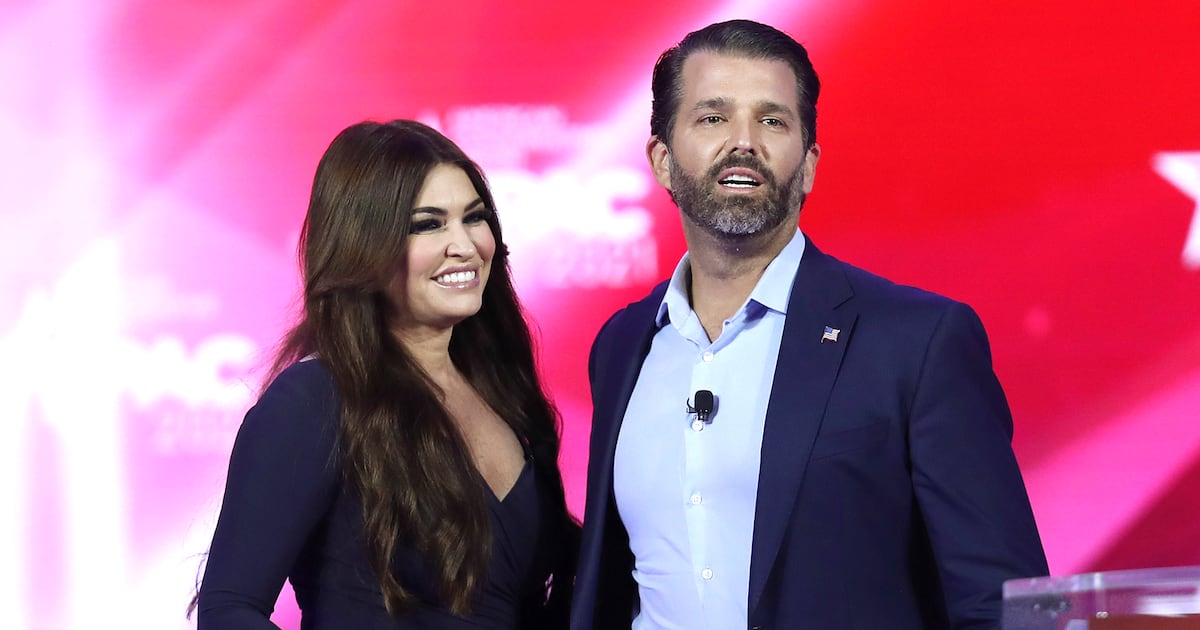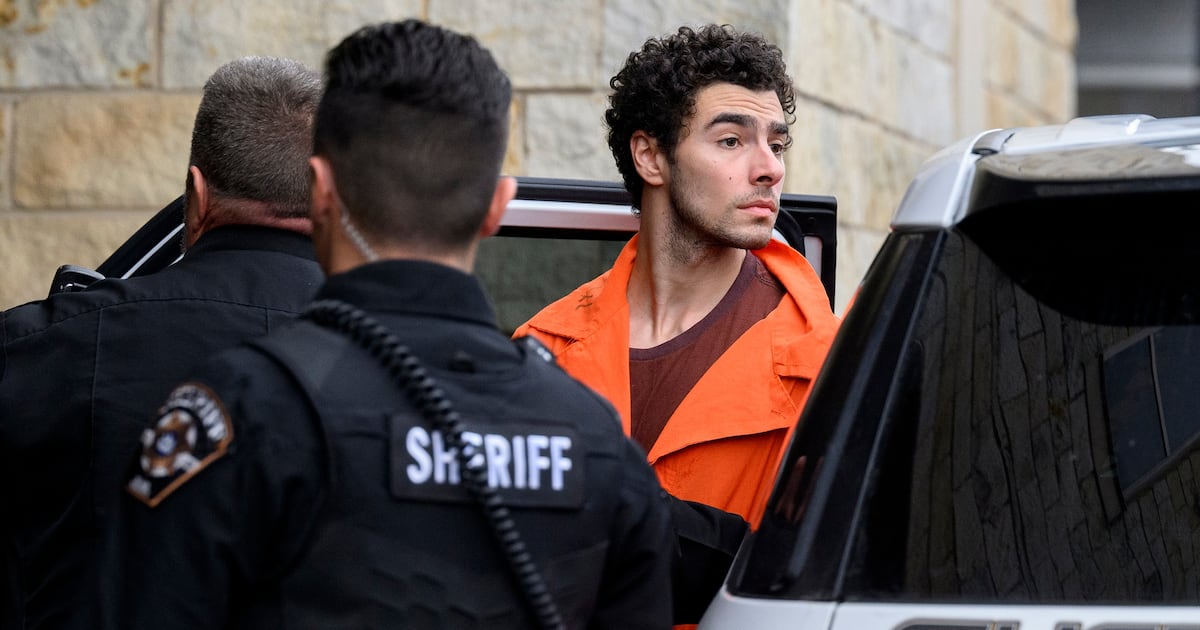Luigi Mangione’s internet fandom has spilled over into real life as strangers offer to pay the legal fees of the 26-year-old accused of assassinating a healthcare CEO in New York City last week.
Mangione was arrested and charged with murder for allegedly shooting UnitedHealthcare CEO Brian Thompson outside an investors meeting. Shell casings with the words “deny,” “defend” and “depose” were found at the scene, an apparent reference to the tactics insurance companies use to deny paying claims.
Police later recovered a backpack belonging to the killer that turned out to be full of Monopoly money, causing many online to cheer the assassin as a modern-day folk hero out to punish a corrupt healthcare system.
ADVERTISEMENT
Now, Mangione’s attorney Thomas Dickey has received emails from people offering to pay the Ivy League graduate’s legal fees, he told CNN’s Kaitlan Collins. Asked what was motivating the offers, Dickey said he didn’t know.
“The Supreme Court says all these rich billionaires can give all kinds of money to candidates and that’s ‘free speech.’ So maybe these people were exercising their right to free speech and saying that’s the way they’re supporting my client,” he said.
Dickey wouldn’t say who had retained him to represent Mangione or who was paying him—only that he was in fact retained and hadn’t been appointed by the court. But he did say he probably wouldn’t accept any donations to help cover Mangione’s legal defense.
Asked why not, he replied, “I don’t know. I just don’t feel comfortable about that… Obviously my client appreciates the support that he has, but… I’d have to look into that, but it just doesn’t sit right with me.”
Mangione’s case has led to an outpouring of pent-up rage against the American healthcare system. After news of Thompson’s killing emerged, many posts online started with some version of, “I don’t condone murder, but…” before detailing devastating experiences trying to get insurance approval for medical procedures.
Others took things a step further, joking that their “empathy was out of network” and that Thompson was being denied care because he hadn’t received prior authorization for his gunshot wound. “Deny, Defend, Depose” merchandise began sweeping online stores.
After Mangione was arrested, internet posters railed against the police and review-bombed the McDonald’s where he was taken into custody. Others responded gleefully to social media photos of Mangione’s abs.
But being uncouth on the internet is one thing; wanting to pay hard-earned cash to keep a murder suspect out of prison is quite another. The offers show just how far people are willing to take the assassin-as-real-life-Robin-Hood narrative.
UnitedHealthcare, which is part of the country’s largest insurance provider, denies about one-third of all claims, or twice the industry average, according to numerous reports. Its CEO’s shockingly cinematic killing may help explain why so many people are rooting for the shooter as if he were the antihero of a film, according to storytelling experts.
Surveillance video shows the gunman raising a pistol with both hands in a tactical shooting stance before opening fire. Afterward, he calmly walks away, leaving a stunned witness unharmed.
“That [shooter] had just one target, he had one mission, and he very slowly walks up,” producer Adrian Askarieh told Vanity Fair. “I found it to be very chilling.”
Askarieh has produced two movies about a hitman and is developing a TV series based on the same character. He said one reason people find assassins so fascinating “is that there is a catharsis that comes with the assassins doing what we can’t see ourselves doing.”
“I think it’s more of a vicarious experience,” he added. “A lot of human beings feel helpless and want to vicariously live through those characters.”
Hollywood has at least a 50-year history of producing revenge fantasies that specifically target a seemingly heartless medical establishment. In 2002’s John Q, Denzel Washington plays a father who holds an emergency room hostage after an insurance company denies his child a life-saving transplant.
When it came out, the film’s director Nick Cassavetes predicted that America’s broken healthcare system would eventually lead to “horror stories” like the one he’d depicted on-screen.






